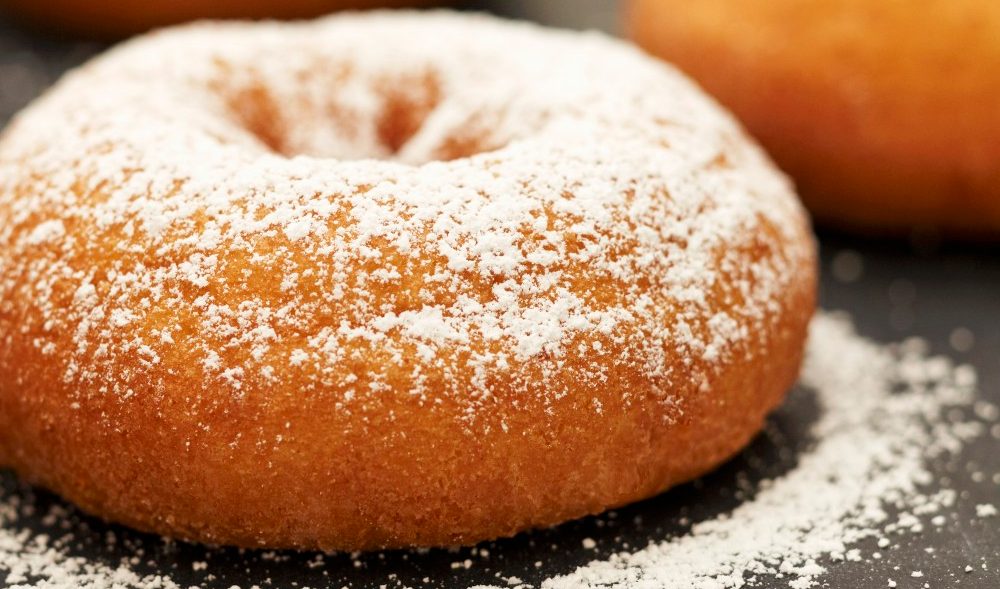How to Avoid High Cholesterol Foods

When you’re looking to avoid high cholesterol foods, steer clear of red meat. But other foods can affect your cholesterol levels and increase your risk of heart disease.
Maybe your father and uncle have had heart attacks — and you know you’re at risk for high cholesterol. You receive a report of your lipid profile, and the numbers aren’t ideal. Your doctor urges you to bring down your “bad” cholesterol, officially known as LDL, for low-density lipoproteins.
It’s time to revamp your diet.
YOU MIGHT ALSO LIKE: Foods and Diets that Lower Cholesterol
High cholesterol foods
You won’t be surprised which are high cholesterol foods. They’re foods you already knew weren’t good for you — steak and hot dogs. Sweet, salty, rich, or processed items that expand your waistline and contribute to type 2 diabetes as well as heart disease also won’t help your lipid profile.
A simple way to start is to stick to the outer areas of the supermarket, where you’ll find fresh produce, nuts in bulk, and fish. Supermarkets don’t have your health in mind. They want to sell their products and stock cookies, crackers, and potato chips where they are easiest to grab. As a result, it’s best to avoid shopping when you’re hungry.
When you’re shopping it’s important to understand some definitions. People say “cholesterol” when they mean the bad kind. People also speak of “high cholesterol foods” and “foods that lower cholesterol.”
Skip examining labels looking for foods with high cholesterol. Only animal products — especially red meat and organ meats — contain dietary cholesterol. When swallowed, cholesterol doesn’t have much effect on the levels in your blood.
Your real goal is to manage the fat in your diet. Some fats have the potential to increase the bad cholesterol in your blood or otherwise hurt your lipid profile, while others could improve your numbers.
How to lower cholesterol
Avoid trans fats
The most important no-no is anything containing trans fats, or “partially hydrogenated” oils.
Check the labels on:
- Margarine
- Non-dairy creamer
- Frozen pizza and biscuits
- Breakfast sandwiches
- Microwave popcorn
- Cream-filled candy
- Peanut butter
- Baked goods
Note that you can still find those oils in the ingredients list, even when the box says “0 grams trans fat.” Also stay away from commercial fried foods.
Limit saturated fat
Although meat contains cholesterol, the bigger problem is saturated fat. The American Heart Association recommends limiting saturated fat to no more than 6 percent of your daily calories. Saturated fats encourage your liver to produce more bad cholesterol.
Products that contain high amounts of saturated fat include:
- Beef, lamb, pork, and poultry with skin
- Butter, cream, cheese, and other products made from whole or 2 percent mill
- Tropical oils, coconut and palm
You can adjust your cooking to cut the fat in favorite meals. Drain off fat when broiling, roasting, or baking poultry or meats. Use wine in place of fat drippings to baste. Instead of pan frying, broil or grill. Cut off visible fat from meat. Remove poultry skin. Skim off congealed fat on soups and sauces.
You may read about research debunking the idea that saturated fat is connected to heart disease. You’ll also hear that coconut oil is good for you. The American Heart Association hasn’t changed its guidelines. Don’t let the controversy encourage you to load up on waffles and fried chicken.
Eat more good fat
While the debate about saturated fat continues, it’s clear that polyunsaturated fats — also known as omega-3 and omega-6 fatty acids — are good for you. These fats can push your liver to reabsorb and break down bad cholesterol more quickly.
Stock olive and canola oils at home. Steer your diet towards more rich fish like salmon, mackerel, herring, and trout.
Nuts — especially walnuts, pine nuts, pecans, and Brazil nuts — are high in good fats, and you shouldn’t fear that they’ll make you gain weight.
The bottom line: Cut out trans fats and cut back on saturated fat. Also aim for a diet rich in good fat, nutrients, and fiber. Deep-sea fish, fruits, vegetables, oats, beans, and nuts are all good choices that will help keep your blood pressure low, while bolstering your bones, digestion, vision, and mental health.
Updated:
March 07, 2023
Reviewed By:
Janet O’Dell, RN